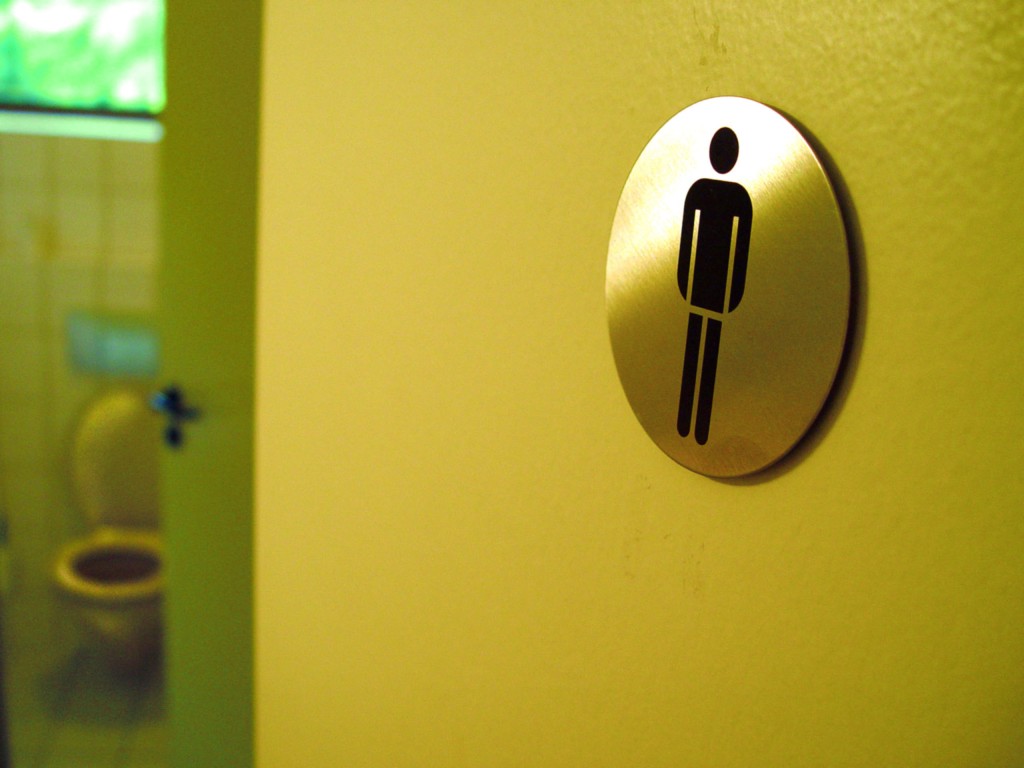 RALEIGH, N.C. — Lawmakers in North Carolina passed legislation to overturn Charlotte’s controversial “bathroom bill” on Wednesday, sending the statute to the desk of Gov. Pat McCrory, who promptly signed the measure into law.
RALEIGH, N.C. — Lawmakers in North Carolina passed legislation to overturn Charlotte’s controversial “bathroom bill” on Wednesday, sending the statute to the desk of Gov. Pat McCrory, who promptly signed the measure into law.
“The basic expectation of privacy in the most personal of settings, a restroom or locker room, for each gender was violated by government overreach and intrusion by the mayor and city council of Charlotte,” McCrory said in a statement.
As previously reported, despite hours of testimony largely in opposition of the proposal, the Charlotte City Council voted 7-4 last month to expand the city’s non-discrimination ordinance to add provisions for homosexuals and those who identify as the opposite sex—including in regard to restroom and locker room use.
Over 21,000 area residents had signed a petition in opposition of the proposed expansion, and pastors, community leaders and others part of a coalition opposed to the changes known as “Don’t Do It Charlotte” also rallied outside prior to the meeting.
Council members Al Austin, John Autry, Patsy Kinsey, Julie Eiselt, James Mitchell, LaWana Mayfield and Mayor Pro Tem Lyles voted in favor of the ordinance, while council members Ed Driggs, Claire Fallon, Greg Phipps, and Kenny Smith rejected the measure.
Gov. McCrory had warned that legislative action would ensue if the council passed the ordinance, and just as stated, House Speaker Tim Moore vowed to overturn the law following its approval.
On Monday, following a rally at the state house, Moore and Senate leader Phil Berger announced that they had obtained the necessary three-fifths majority in the General Assembly to move forward with a special session on the matter. Lawmakers sought to override the ordinance before it went into effect on April 1.
On Wednesday, following three hours of debate, the North Carolina House voted 84-25 in favor of a bill invalidating the Charlotte ordinance, with votes cast mostly along party lines—with the exception of 11 Democrats who supported the effort.
The bill, known as the Public Facilities Privacy and Security Act, then passed the Senate 32-0 after Democrats walked out in protest as they believed that they were being left out of the participation process.
Transgender advocacy organizations opposed the special session, stating that the move to overturn the law was based on fear, and not facts.
“Legislators have gone out of their way to stigmatize and marginalize transgender North Carolinians by pushing ugly and fundamentally untrue stereotypes that are based on fear and ignorance and not supported by the experiences of more than 200 cities…,” said Sarah Preston of the ACLU of North Carolina.
“I can’t use the men’s room. I won’t go back to the men’s room. It is unsafe for me there. People like me die in there,” a man who identifies as female and goes by the name Madeline Goss told WSOC-TV.
House Speaker Tim Moore said that he believed that the bill was important and reflected the views of constituents.
“I am glad that my colleagues joined together today to pass this bill that overrules the foolish and dangerous restroom ordinance passed by the city council and mayor of Charlotte,” he remarked in a statement. “North Carolinians have spoken loud and clear that they are deeply concerned about what this ordinance means for the safety and expectation of privacy for women and children. In all the years I have served in the General Assembly I have never seen such a negative reaction to an ordinance passed by a municipality.”
Become a Christian News Network Supporter...


